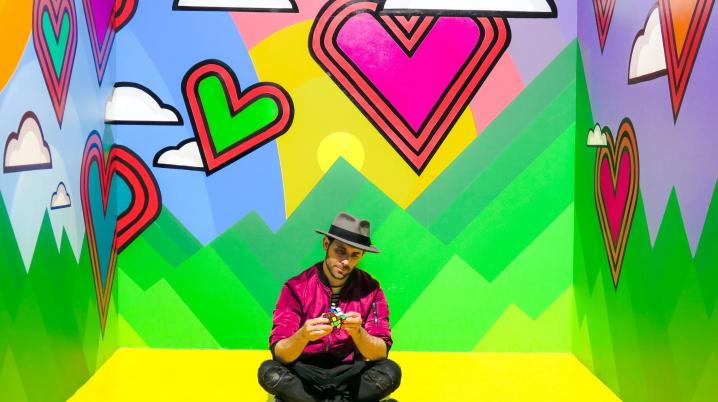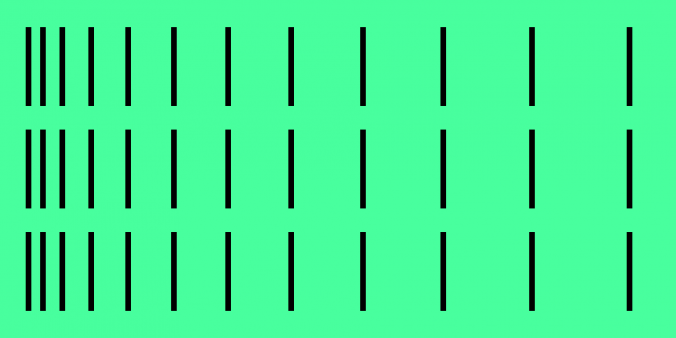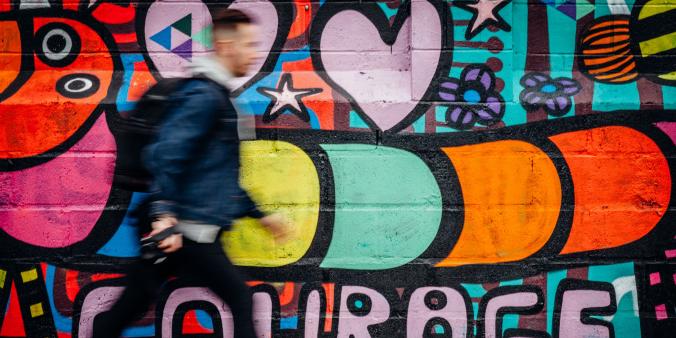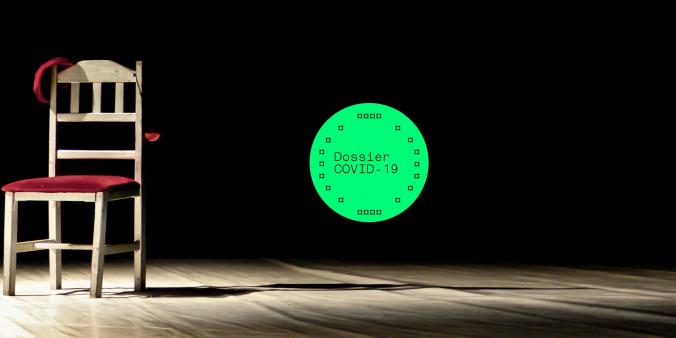
Freemuse report The State of Artistic Freedom 2020: ‘The world grows intolerant and violent against non-mainstream expression’
The yearly report shows widespread attacks on freedom of artistic expression on a global scale as practices of censoring artists’ voices continue. As the world shifts into isolation and government’s enact state of emergency procedures, this marks a critical moment for the state of artistic freedom. The report by Freemuse, an independent international organisation advocating for and defending freedom of artistic expression, explores the critical climate for artistic freedom as global nationalist populism continues to restrict expression.
‘Freedom of artistic expression is protected as long as it fits dominating narratives; politically, religiously, and digitally,’ says Dr. Srirak Plipat, Freemuse Executive Director. ‘This report shows that the west is losing its leading position as human rights and freedom defenders at a fast pace, while the world grows intolerant and violent against non-mainstream views and expression.’ Freemuse’s research notes the damning effect of nationalist, populist politics as already leading to increased restrictions on artistic expressions, with a marked deterioration in countries where this right has traditionally been protected.
Artistic freedom in numbers
In 2019, the research documented that 42% of all imprisonments of artists concerned criticizing the government, with Europe the highest offender for imprisonments related to artistic expressions (42%). Governments were again responsible for 55% of all acts of censorship, affecting 847 artists and artworks. Politics was also the key issue behind the detention of artists, with 56% of artists detained on these grounds. Music remains the most frequently targeted art form at 32%, but visual art closely followed at 26%.




